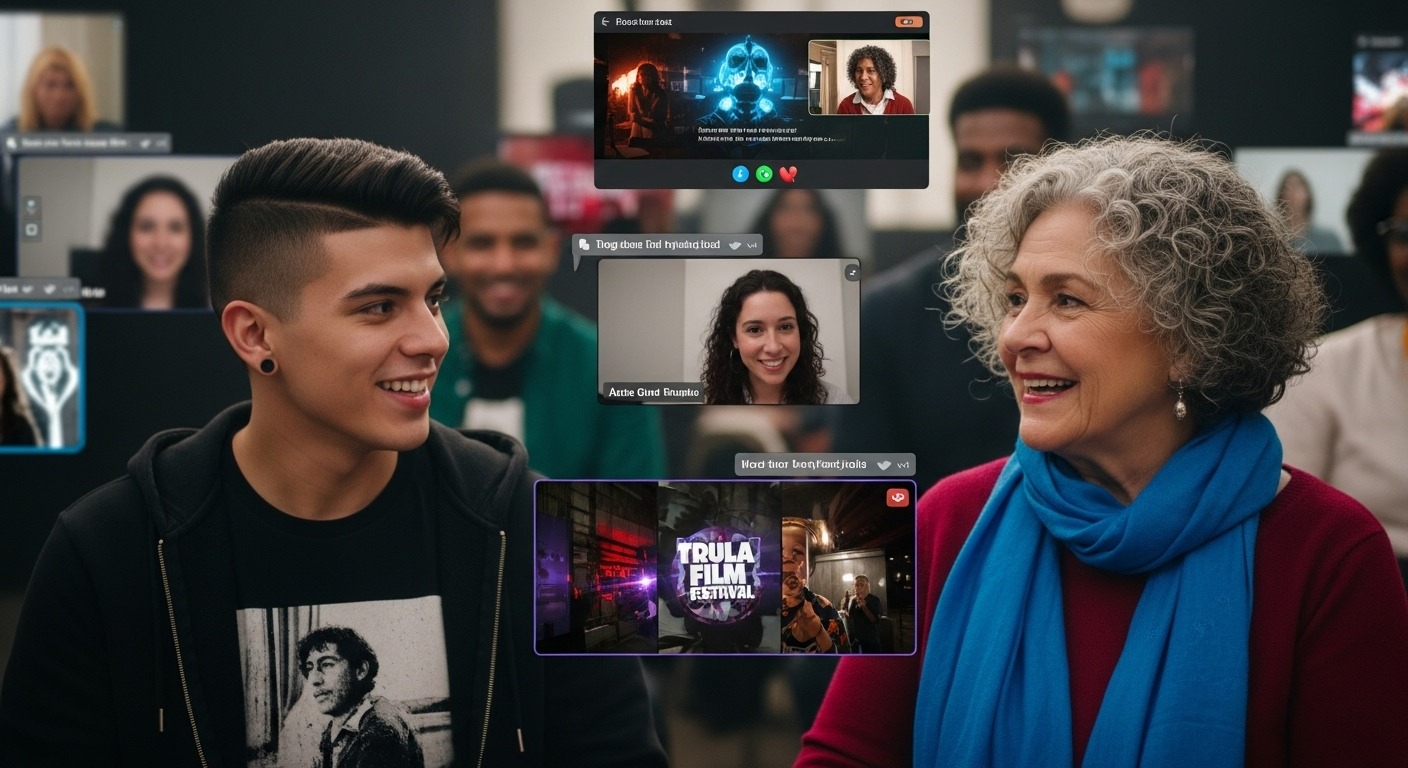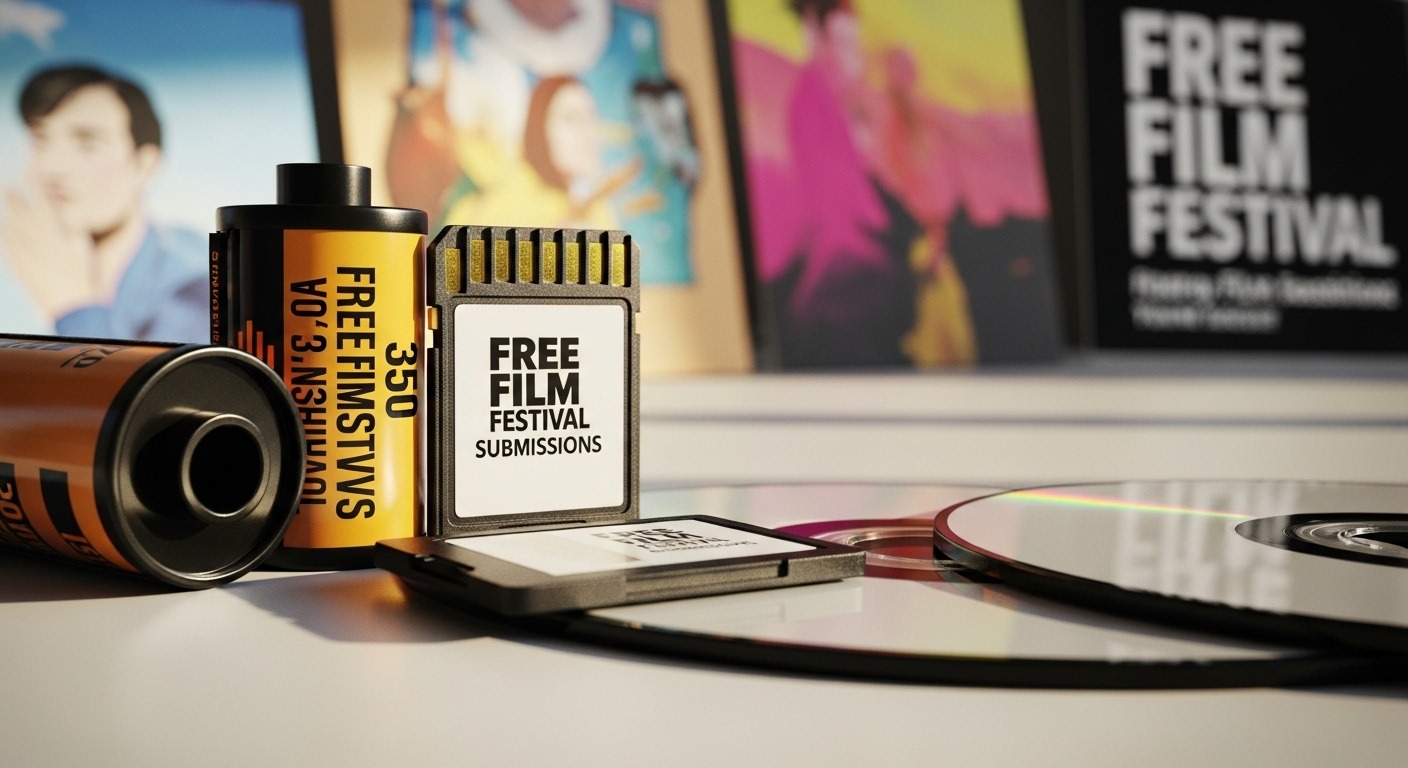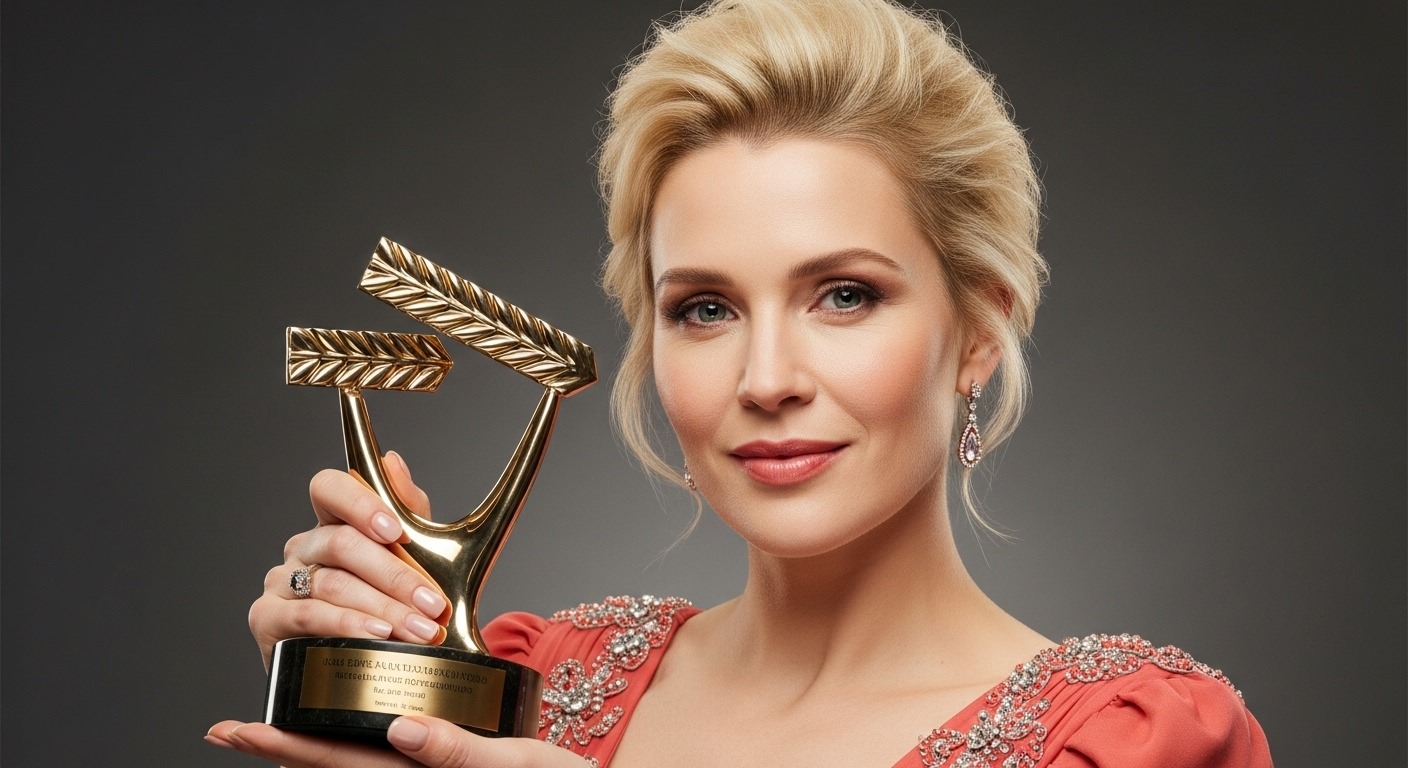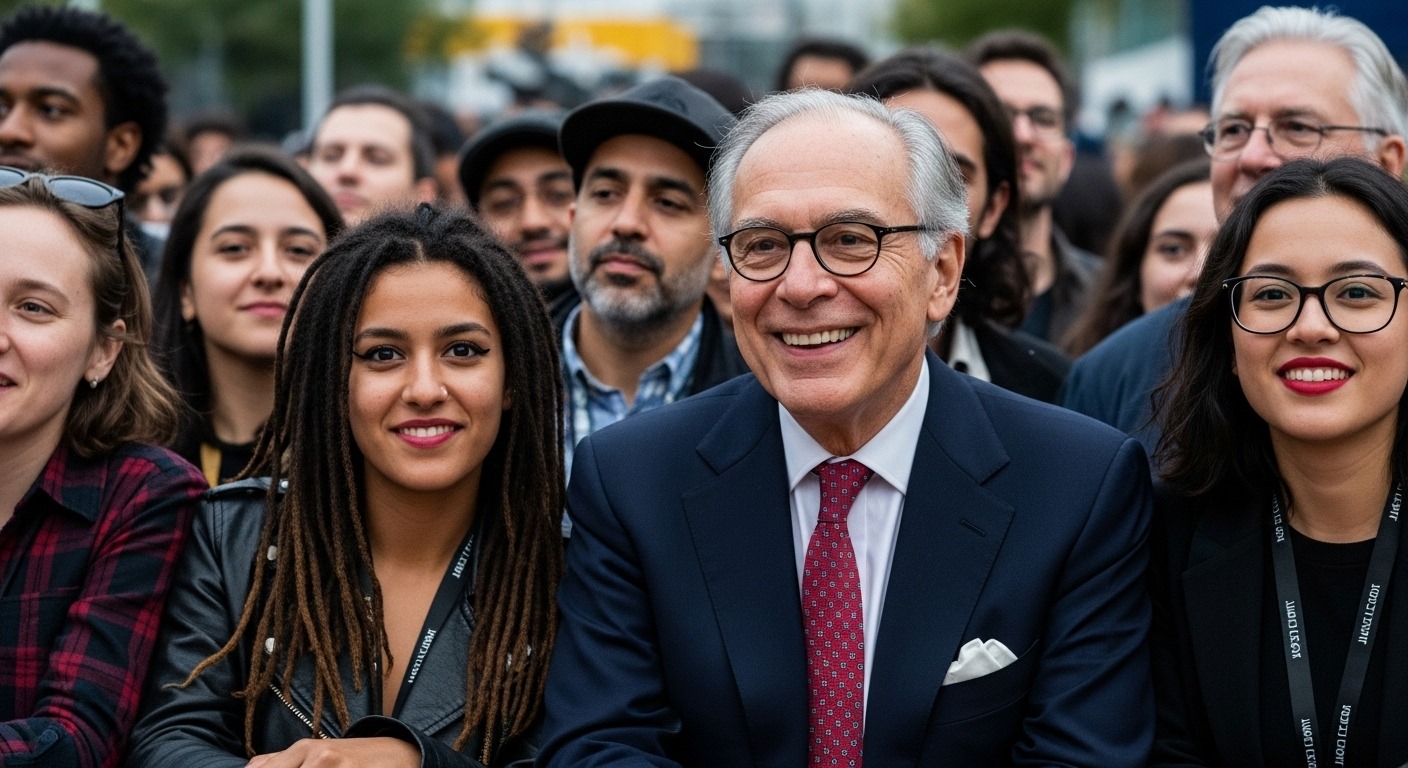The film industry was always my dream. I was the kid who stayed up late, rewatching classic movies, studying every shot, every line of dialogue. I wanted to tell stories that mattered. And for years, I believed that if I just worked hard enough—if I poured my soul into every script—I would make it.
I met Jason in film school. He wasn’t just my friend; he was my brother in ambition. We spent countless nights in coffee shops, debating screenwriting techniques, pitching each other ideas, and dreaming about our big break. When I finally wrote something I believed was special, a script that felt like my heart was printed on paper, I did what any friend would do—I shared it with him.
I had no idea I had just handed over my future.
The Moment My World Crumbled.
Months passed, and the rejection emails kept piling up. I was used to it by then—every aspiring filmmaker learns to live with disappointment. But one night, as I scrolled through social media, I saw something that stopped me cold. A major film festival was promoting an upcoming screenplay-turned-feature. The title was mine. The logline was mine. The story was mine.
And the writer credited? Jason.
For a moment, my brain refused to process what I was seeing. I clicked the link. There it was—an interview with “the brilliant mind behind the script,” my script. My hands were shaking as I read his words. He spoke about the creative process, the late nights, the struggles—my struggles. The ones I had confided in him.
I couldn’t breathe. My best friend had stolen my work and sold it.
The Gut-Wrenching Discovery.
I called him immediately, heart racing. His voice, always warm and reassuring, now felt like a hollow echo. “What’s going on?” I demanded. He stammered for a second, as if caught off guard, before denying everything. He claimed it was just a coincidence, that it was a different script, a different story entirely.
But I knew. Deep down, I knew. Every line of dialogue, every plot twist—it was my work.
I felt betrayed in a way I never had before. Jason wasn’t just a friend—he was the person I trusted most in the world. I had shared my rawest, most vulnerable pieces of myself with him. And he had taken it all, stolen my blood, sweat, and tears, and sold it for his own gain.
The anger boiled inside me, but beneath it was something worse—something I couldn’t name at the time. It was a deep, gnawing sadness, the kind that sinks into your bones and eats at your spirit.
I was crushed. The dream I had built up over years felt hollow now. It wasn’t just about the script—it was about everything I had given up to get here. The late nights, the sacrifice of time with my family, the endless hours of work with no promise of success. The industry had already chewed me up and spat me out before, but now, this personal betrayal shattered what little trust I had left in anyone.
The Mental Toll of a Broken Dream.
As I tried to wrap my mind around what had happened, my mental health deteriorated quickly. The anxiety that had always been lurking at the edges of my thoughts became a constant companion. I couldn’t sleep. My mind raced with all the “what ifs” and “why me?” thoughts.
The isolation set in. I avoided talking to friends, avoided socializing, avoided doing anything that required leaving my apartment. The emptiness I felt was suffocating. I watched as my peers—those who didn’t have to face such betrayals—moved on, their careers taking off while mine stalled in the mud.
The rejections never stopped, and neither did the gnawing feeling that I was failing. That maybe I wasn’t cut out for this industry after all. I was stuck in a cycle of self-doubt and burnout, unable to move forward, unable to find my way out.
I had no energy left to fight. My passion was gone. The thing that had once driven me to write, to create, to chase my dreams—was now suffocated by the weight of betrayal, rejection, and despair.
I stood at the edge, staring into the abyss of my broken career. And for the first time, I wondered if it was worth it at all.
The Desperation and Breakdown.
I remember the moment I hit my lowest point. It wasn’t dramatic; there were no loud cries or dramatic gestures. It was just a quiet realization that I could no longer keep pretending everything was okay. My body had been telling me I was breaking down—headaches, sleepless nights, a hollow ache in my chest that I couldn’t explain.
I’d wake up each morning with a sense of dread, not knowing how to move forward. Every rejection felt like a personal attack. Every email that didn’t include the words “We’d love to work with you” felt like another failure. It didn’t matter that I had poured my soul into my craft; the validation I craved from the industry was always just out of reach.
I would tell myself, this is the moment I quit. But I couldn’t. The idea of giving up on filmmaking—on the one thing I had ever loved—felt like abandoning a part of myself. It wasn’t just a career to me; it was my identity. It was who I had always wanted to be. Yet, I couldn’t ignore the dark thought that maybe I wasn’t strong enough to handle this anymore.
I’d stare at the screen, unable to write a single word. I was paralyzed. My best friend had taken what was mine, but in the end, I had also given it all away. I had become so consumed by the idea of success that I forgot what it meant to truly create—to write for the love of it, not the recognition. And it had all fallen apart.
The Moment of Clarity: Rediscovering Myself.
It wasn’t a sudden epiphany. It didn’t come in a grand, dramatic moment of self-realization. Instead, it was a slow, painful process of looking inward and asking myself, Who am I if I’m not a filmmaker?
That question haunted me. For so long, my self-worth had been tied to my career, to the recognition and success I thought would validate me. I realized how much I had sacrificed just to stay afloat in an industry that was more about power plays and networking than actual talent. And that was when I knew something had to change.
I started to reevaluate everything. I didn’t need the industry to define me. I didn’t need Hollywood to tell me I was worthy. I began to write for myself—no pressure, no expectations. Just the raw, unfiltered joy of storytelling.
I also set boundaries, something I had never done before. I stopped chasing validation from others and focused on what truly mattered: my mental health, my well-being, and the love I had for filmmaking. Slowly, I started to feel the weight lifting off my shoulders.
It wasn’t easy. There were still days when doubt crept in, when I questioned if I could ever fully heal. But over time, I learned to honor my own journey, my own pace, and not compare myself to the success of others.
A New Approach: Filmmaking on My Own Terms.
Today, I make films that bring me joy. They might not be the next big Hollywood blockbuster, and they might never win major awards, but they are my films. They represent my story, my struggle, my healing. And that, to me, is success.
I’ve stopped chasing industry recognition. Instead, I focus on creating meaningful work that feels authentic, work that I am proud of regardless of how it is received. I’ve learned that filmmaking is about the journey, not the destination.
And most importantly, I’ve learned that my worth isn’t measured by the number of scripts sold, the films made, or the recognition I receive. My worth comes from the passion and love I put into my work, and the healing I have found through creating.
Five Key Signals Every Filmmaker Must Watch Out For.
- Unrealistic Expectations and Pressure to Succeed
The pressure to succeed can be overwhelming. If you’re constantly feeling like your value is tied to your success in the industry, it’s time to step back and re-evaluate. Filmmaking should be a passion, not a burden. - Sacrificing Mental Health for Career
When your mental health becomes secondary to your career, you’re heading toward burnout. Remember, no project is worth sacrificing your well-being. - Toxic Relationships
Whether it’s a friend, mentor, or colleague, if someone is taking advantage of your work or creativity, they don’t belong in your circle. Trust is key in this industry. - Endless Networking with Little Reward
Networking should be a tool for growth, not an endless cycle of connections with no return. If networking feels like a chore, it might be time to reassess your approach to professional relationships. - Chasing Validation Over Passion
If you’re creating solely for the approval of others or to meet industry standards, you risk losing your true voice as an artist. Filmmaking is about authenticity, not conformity.
Final Words of Hope for Struggling Creatives.
If you feel like the industry is breaking you, you are not alone. Your mental health matters more than any project. This industry is tough, and it’s easy to lose sight of what truly matters: your love for storytelling.
Remember, you don’t need validation from others to be successful. If you have a story to tell, share it. Reach out to others who understand, and take care of yourself along the way. Your passion is worth more than any rejection.
And if you’re a filmmaker struggling with your own journey, know that you’re not alone. Don’t let the industry define you. Your story matters. If you need help or want to share your story, reach out to us at team@imaffawards.com.

I am a highly experienced film and media person who has a great deal to offer to like-minded individuals. Currently working on several exciting projects, I am a film and media practitioner for over a decade. I have achieved a great deal of success in my professional career.





